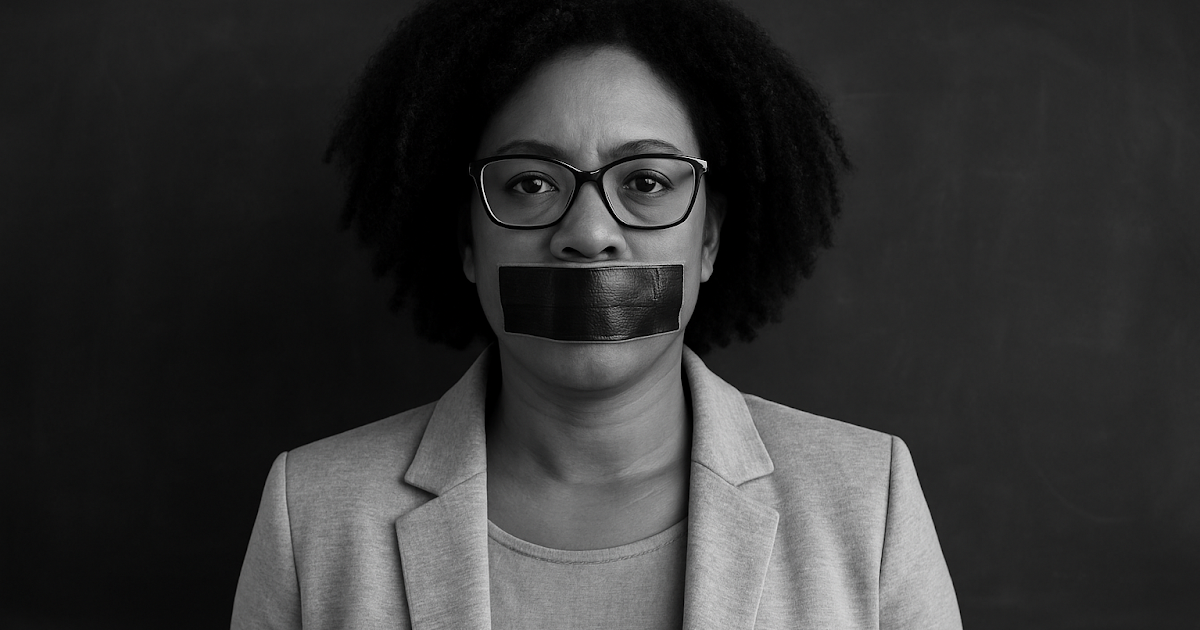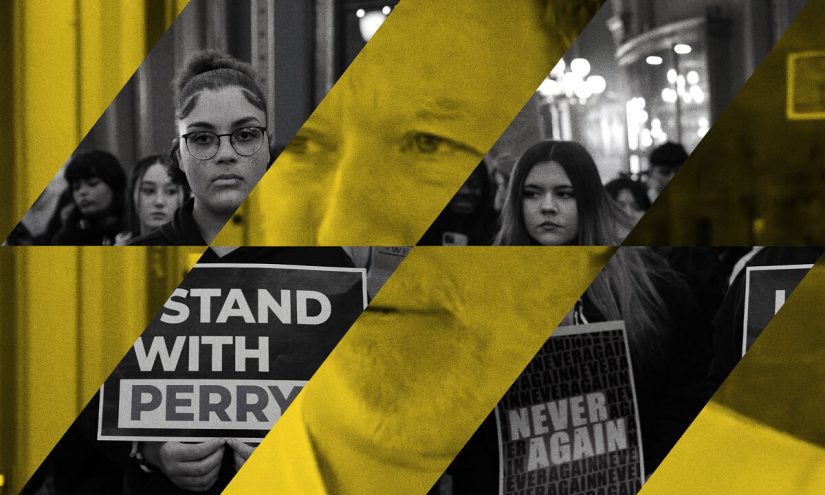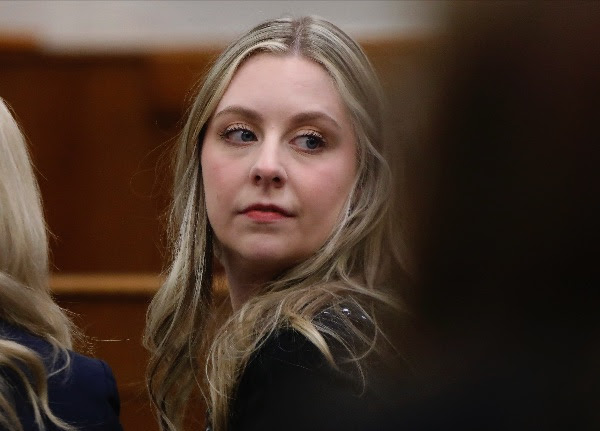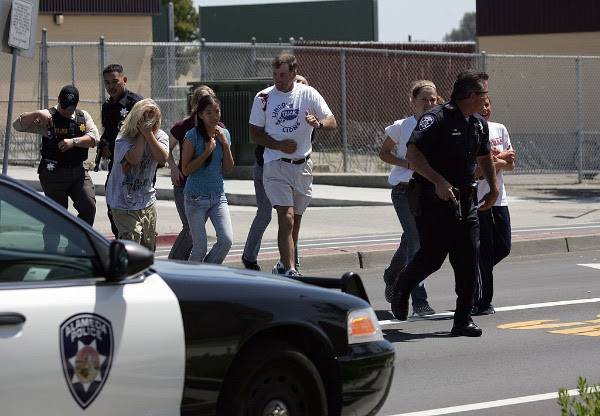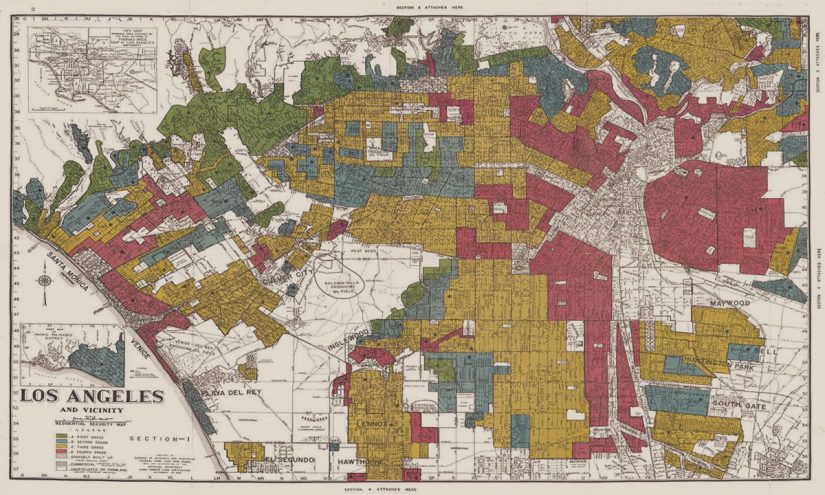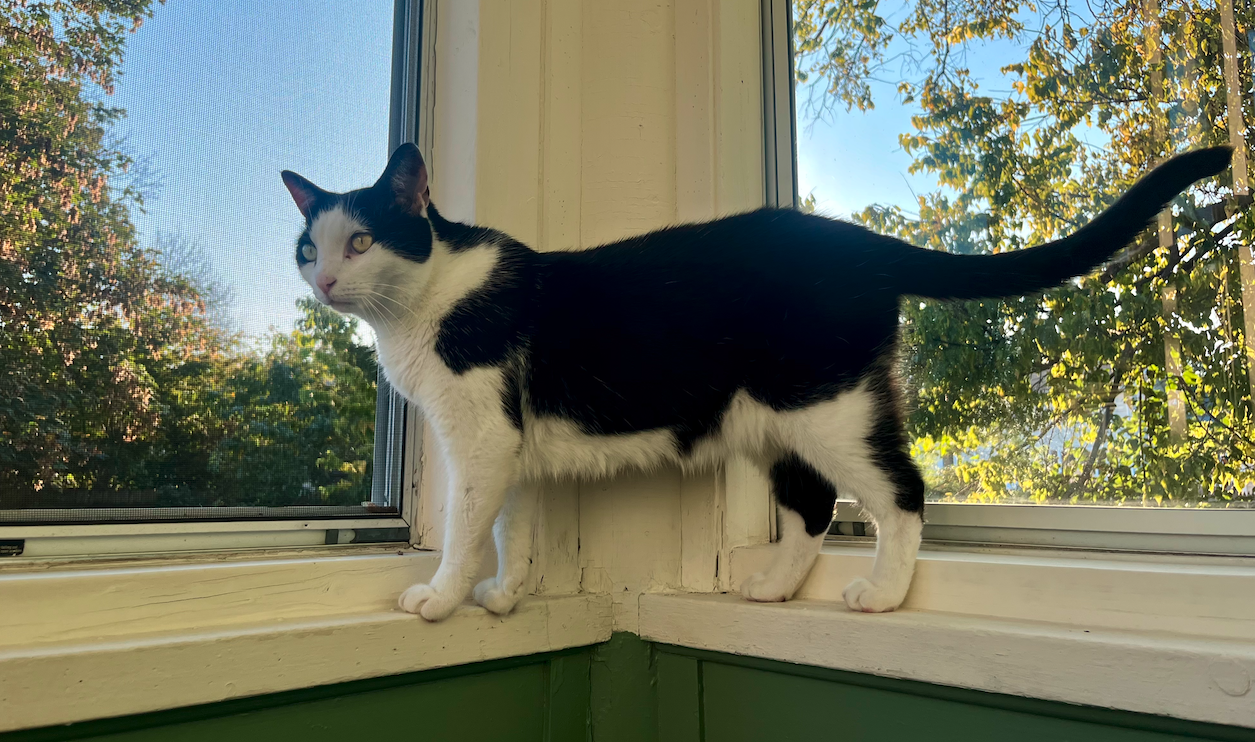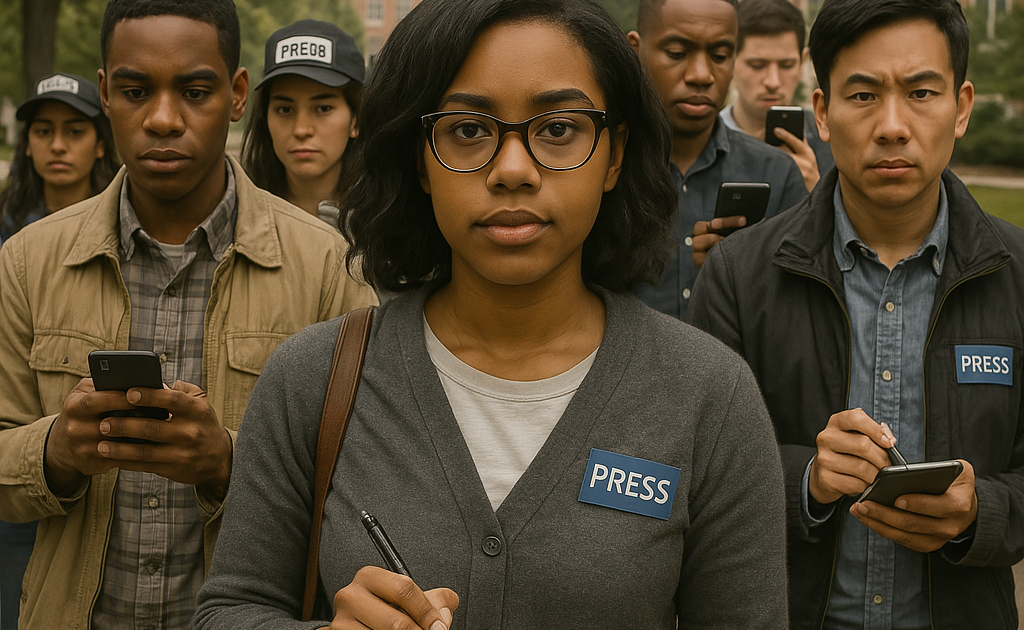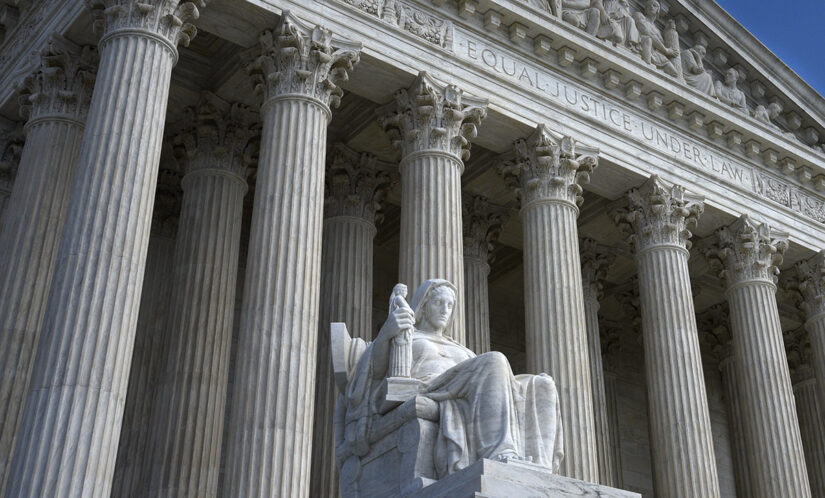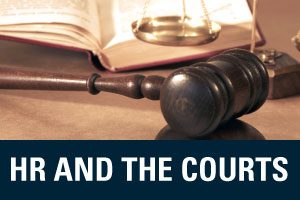Bari Weiss has built a powerful public identity as a defender of free speech against institutional conformity. From elite universities to legacy newsrooms, she presents herself as a principled dissenter confronting ideological capture. Yet her expanding influence across higher education and corporate media suggests something deeper than individual controversy. It reveals how elite institutions are increasingly repackaging control, consolidation, and risk management as rebellion.
Weiss’s involvement in the University of Austin and her editorial authority at CBS News illustrate how the language of free inquiry has been absorbed into a broader project of institutional realignment rather than democratization.
The University of Austin was launched in 2021 as a highly publicized response to what its founders described as illiberal conditions in American higher education. Weiss, as a co-founder and public face of the project, helped frame UATX as a refuge for intellectual risk-taking and heterodox thought. Yet the institution was not built from the margins of academia. It emerged through the backing of wealthy donors, venture capitalists, tech executives, and high-profile media figures who already occupy powerful positions within American public life.
UATX’s critique of higher education centers almost entirely on cultural politics, presenting universities as hostile to dissent while leaving largely untouched the material structures that govern academic freedom. The casualization of academic labor, the erosion of tenure, donor influence over research agendas, student debt as a disciplinary force, and retaliation against labor organizers and whistleblowers rarely figure into the narrative. In this way, UATX offers not a systemic challenge to elite education but an exit strategy for those with the resources to opt out of public accountability.
The same logic appears in Weiss’s role within legacy media. In late 2025, CBS News pulled a completed investigative segment from 60 Minutes examining the Trump administration’s deportation of Venezuelan migrants to a notoriously brutal prison in El Salvador. The segment had reportedly passed legal and editorial review. The decision to shelve it, attributed to a demand for additional on-the-record administration comment, sparked internal outrage. Veteran journalists described the move as political interference rather than standard editorial caution, with some staff reportedly threatening to resign.
The episode carried a deep irony. One of the most prominent self-described defenders of free speech now presided over the suppression of investigative journalism within one of the country’s most storied news programs. Whether temporary or permanent, the delay signaled a shift in institutional priorities, where political sensitivity and corporate risk appeared to outweigh journalistic autonomy.
This controversy unfolded amid broader upheaval at CBS News. Longtime anchors departed the CBS Evening News in emotional farewells as management reshuffled talent and redefined the network’s public posture. Inside the newsroom, morale reportedly declined as staff faced uncertainty about editorial direction, layoffs, and ideological repositioning. Weiss reportedly questioned journalists about public perceptions of bias, reinforcing a top-down effort to rebrand the organization rather than engage in collective editorial deliberation.
These developments cannot be separated from the corporate transformation of CBS’s parent company. Paramount Global has undergone a sweeping restructuring shaped by its merger with Skydance Media, led by David Ellison, the son of Oracle founder Larry Ellison. Under this new ownership structure, CBS News has been encouraged to restore “balance” and credibility, language that often accompanies efforts to reduce investigative risk and align journalism more closely with corporate and political interests.
At the same time, Paramount’s deal-making has intersected with elite political networks. Jared Kushner’s private equity firm was involved in related media acquisition efforts before withdrawing, highlighting the increasingly blurred lines between media ownership, political influence, and capital consolidation. In this environment, editorial independence is not abolished outright but carefully managed, constrained by the priorities of ownership and the sensitivities of power.
What connects UATX and CBS News under Weiss’s influence is not ideology so much as structure. In both cases, authority flows upward while dissent is curated. Free inquiry is framed as a moral value but detached from democratic governance, labor protections, or accountability to those most vulnerable to institutional retaliation. Meanwhile, individuals and groups who experience genuine silencing in academia and media—adjunct faculty, student activists, labor organizers, whistleblowers, and critics of militarism or donor power—remain largely absent from this version of the free speech debate.
This pattern is familiar within higher education. When institutions face crises of legitimacy, elites rarely pursue democratization. Instead, they create alternatives that preserve control under new branding: private institutes, donor-led centers, honors colleges, and parallel universities. Legacy media has followed a similar path, repackaging dissent while narrowing the scope of accountability.
Bari Weiss is not an anomaly within this landscape. She is emblematic of it. Her influence reflects how “free speech” has become an aesthetic rather than a structural commitment, invoked loudly while practiced selectively.
The danger is not that Weiss holds strong opinions. It is that her framework for free speech travels so easily across institutions precisely because it leaves their economic and power relations intact. The University of Austin does not confront the forces hollowing out higher education. CBS News, under corporate consolidation, risks muting the investigative journalism that once defined it. In both cases, freedom becomes a branding strategy rather than a democratic practice.
For those concerned with truly independent journalism and genuinely democratic education, the lesson is clear. Speech is never just about speech. It is about ownership, power, and who bears the consequences when truth becomes inconvenient.


